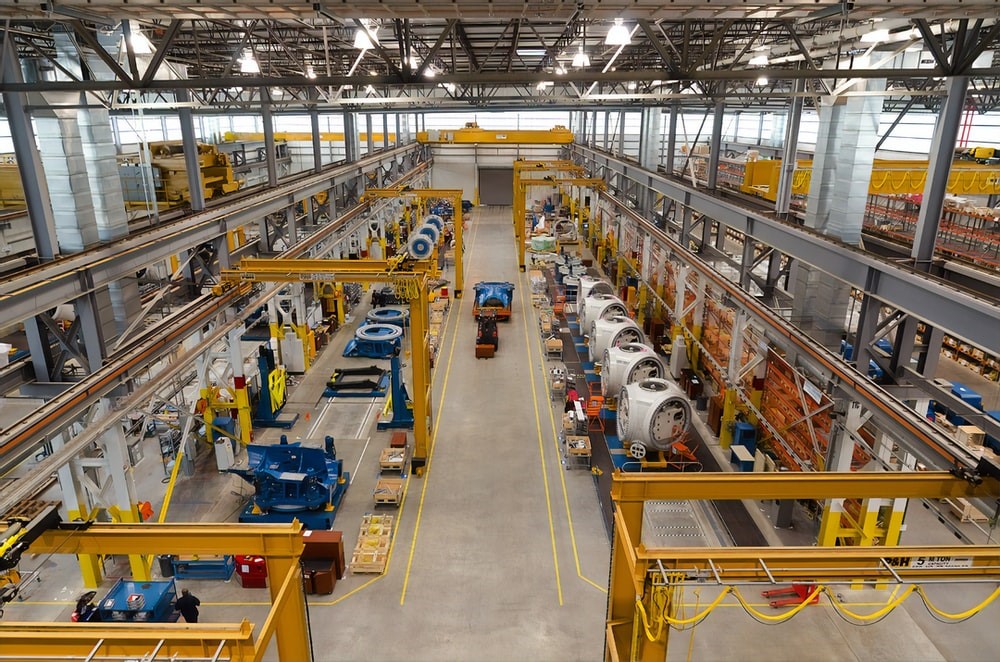In the modern world, every company needs a CRM system, in one way or the other. The manufacturing industry is therefore not left behind. With the right CRM, business works and manufacturers and distributors will no longer need to wait for customers to contact them. Instead, they are planning and forecasting the kind of items that will be in demand.
This kind of forecasting utilizes CRM technology. But what is CRM? It is a customer relationship management tool that organizations use to enhance their communication and relationships with their customers. However, not all crm systems are the same. Therefore, manufacturers and distributors must choose the right CRM that aligns with their work, specific requirements, and processes.
Why CRM For Manufacturing And Distribution?
Currently, several manufacturing and distribution businesses utilize CRM software as a means to streamline sales processes as well as improve customer service. We have contacted some of the manufacturers and distributors currently implementing a CRM solution, and it is clear specific industries have some unique requirements. We have highlighted some of the reasons to implement CRM solutions for the manufacturing and distribution industry below.
1. Improving The Sales Process
Majorly, manufacturing and distribution companies integrate CRM to coordinate their sales and marketing efforts. With a good CRM, manufacturing companies can quickly achieve:
- An enhanced conversion rate of leads
- Tracked customer engagements
- Knowledge on when to follow up on sales-ready leads
- Enhanced sales process
Also, CRM improves collaboration between the sales and marketing teams. With a unified database, both teams have access to similar customer information at all times and can quickly get reports on key activities and results achieved regularly.
2. Moving SERVICE ONLINE
Moving businesses online is a critical modern principle for business. Whether they want to enhance sales with customer-centric after-sales services or want a better way to manage warranties, returns, and other complaints, the manufacturing and distribution companies can leverage a sound CRM system for the best solutions online.

Some of the critical ways CRM systems can help manufacturing and distribution services online include:
- Returns management: for better returns management, CRM should log and track service tickets, or their serials and process returns to fix items, provide credits, or cross-ship a replacement.
- Tracking and resolving issues: The CRM system for manufacturing and distribution helps the industry track, update, and resolve customer complaints and issues. All these can be done online without having to refer the customer to a land-based store.
3. Data Privacy
One other key reason why the manufacturing and distribution industry should integrate CRM is to enhance their data security. With the different legislations requiring that customer data be protected from sharing with unauthorized parties, manufacturing and distribution companies use creatio CRM to store and track consent preferences for their customer database. Besides, the CRM helps them to control and restrict data visibility and modification easily.
4. Moving Your Sales Online
For the sales department of manufacturing and distribution industries, a good sales CRM helps make it much easier for the companies to generate quotes and proposals. Apart from the accurate lead information, sales reps should be able to view inventories by stock code and create customer-specific quotes in terms of pricing and promotions.
Besides, as sales reps have adequate access to customer history and inventory through the CRM database, they can use the analytics to monitor trends in order histories. The order histories help them with demand forecasting, build better product mixes, efficiently manage inventories, and hit revenue targets. Further, with a more accurate estimation of sales obtained from the analytics and sales forecasts, it becomes easier for the managers of manufacturing and distribution companies to plan their production schedules.
5. ERP And CRM
In the past, it was more common for companies to buy stand-alone CRM software. But that was because the choices were much limited. However, with this kind of CRM, the companies could not easily integrate their CRM data with the ERP system. This is because it was either too costly or too time-consuming and involving timely and adequately synchronizing the data. In addition, there were only a few CRM systems built for the manufacturing and distribution industries.
That is why existing manufacturing and distribution companies with current ERP systems should be using technology that helps them understand their customers, such as using CRM systems that complement their EPR application. That is the best and more cost-effective way. By integrating a suitable manufacturing and distribution CRM with your ERP strategy, it becomes much easier for the manufacturers and distributors to combine data from CRM with ERP for a comprehensive view of the customer, order, sales, the production environment, and even service and inventory.















